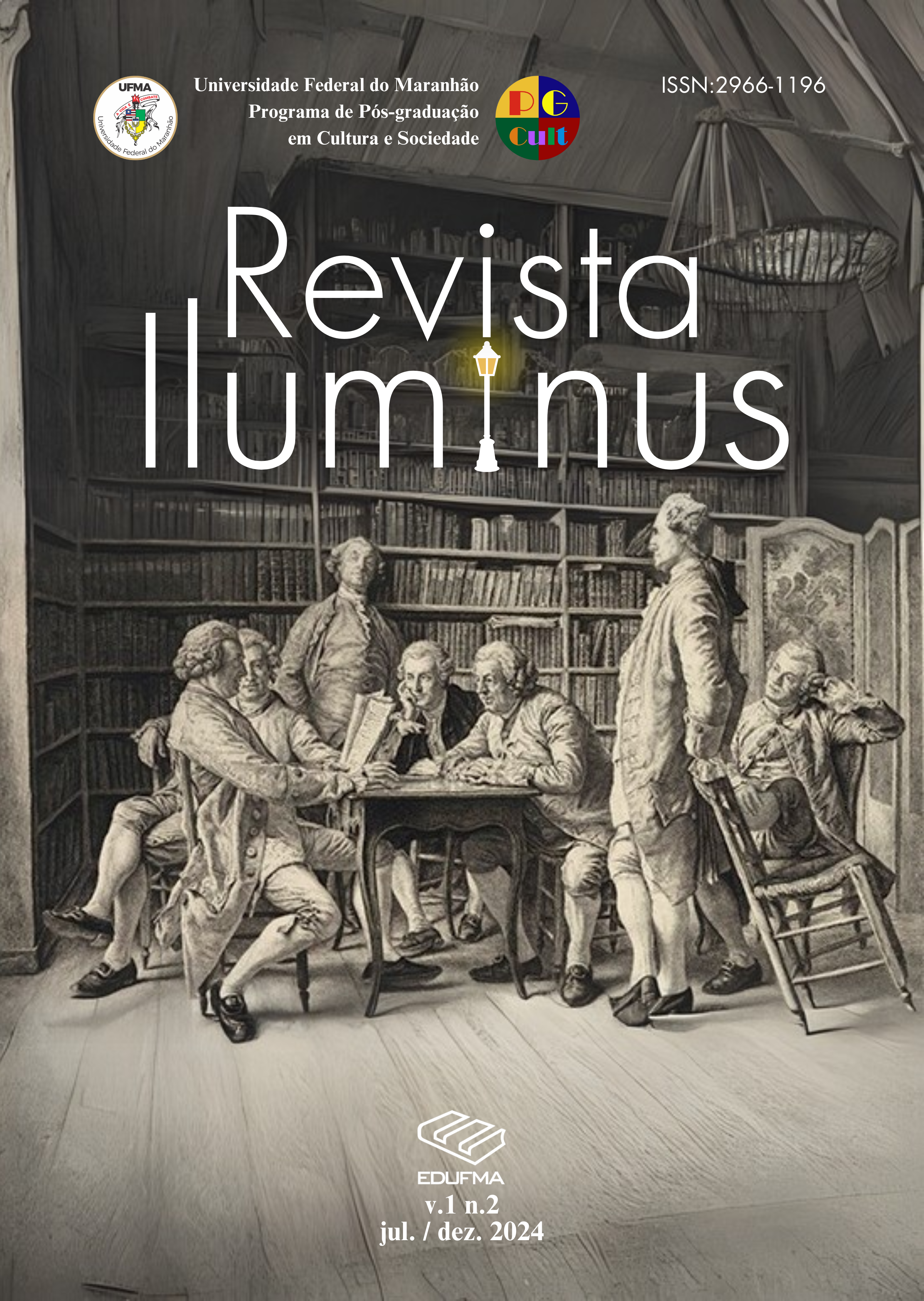From the feeling of pity to the possibility of other social and political configurations
DOI:
https://doi.org/10.18764/2966-1196v1n2.2024.28Keywords:
Similar, Pity, Socialization, Inequality, Other possibilitiesAbstract
Although the way in which the passage from the natural man to the social man occurs is not the object of a detailed investigation by Rousseau, since he states that it is the result of fortuitous accidents, the consequences of this passage are not negligible. The long description of this process in the Second Discourse makes us understand that denaturation tends to result in vices and violations; however, going through Rousseau's works we find arguments to think that that credible story does not condemn humanity. Our purpose in this article will be to investigate in this first movement of exit from one's own individuality the possibility of a socialization based on virtue and commitment to the other. The difficulty of this project stems from its own assumptions – the fortuitous accidents that lead people to meet and live together do not prepare them for this new stage. Conviviality awakens passions that stifle, although they do not annihilate, the original feeling of piety. We will then discuss the possibility of stimulating this feeling, in order to favor a socialization process that recognizes the other as equal and establishes mutual commitments between people in the context of social and political life.
Downloads
References
DERATHÉ, Robert. Jean-Jacques Rousseau et la science politique de son temps. Paris: Vrin, 1979.
DERATHÉ, Robert. L’homme selon Roussseau. In: Pensée de Rousseau. Paris: Seuil, 1984.
FRANCISCO. Maria de Fátima S. A filosofia da educação de Rousseau: uma proposta de releitura do Emílio. Cadernos de História e Filosofia da Educação. v. 2, n. 4, 1998. p. 35-42.
GOLDSCHMIDT, Victor. Antropologie et politique. Les principes du système de Rousseau. Paris: Vrin, 1983.
LÉVI-STRAUSS. Jean-Jacques Rousseau, fundador de las ciencias del hombre. In : ALTHUSSER y otros (Orgs.) Presencia de Rousseau. Buenos Aires: Nueva Vision, 1972. p. 7-19.
MARUYAMA, Natália. Os princípios da filosofia política de Rousseau : vontade geral e sentimento moral no debate sobre a univesalidade dos direitos humanos. Revista Ethica. Florianópolis v. 9, n. 1 p. 1 - 16 Jun 2010.
REIS, Helena Esser. Sobre a construção do consenso: uma abordagem da vontade geral. In: SILVA, Genildo F (org) Rousseau e o iluminismo. Salvador: Arcádia, 2009.
ROUSSEAU, Jean-Jacques. Discour sur l’origine et les fondements de l’inegalité parmi les hommes. In: ____. Oeuvres Complètes. T. III. Paris: Gallimard, 1964a. (Bibliothèque de la Pléiade).
ROUSSEAU, Jean-Jacques. Du Contract Social. In: ROUSSEAU, Jean-Jacques. Oeuvres Complètes. T. III. Paris: Gallimard, 1964b. (Bibliothèque de la Pléiade).
ROUSSEAU, Jean-Jacques. Émile. In: ROUSSEAU, Jean-Jacques. Oeuvres complètes. T. IV. Paris: Gallimard, 1969. (Bibliothèque de la Pléiade).
RUIZ, Castor Bartolomé. Os direitos humanos como direitos do outro. In: FERREIRA; PEQUENO; ZENAIDE (orgs.). Direitos humanos na educação superior. Subsídios para educação em direitos humanos na filosofia. João Pessoa: UFPB, 2010.
URIBES, José Manuel Rodríguez. Rousseau : Estado de derecho, democrácia y derechos. In : GARCIA ; MARTINEZ ; ROIG (orgs.). Historia de los derechos fundamentales. Tomo III, volumen II. Madrid : Instituto Bartolomé de las Casas.
Downloads
Published
How to Cite
Issue
Section
License
Copyright (c) 2024 Helena Esser dos Reis

This work is licensed under a Creative Commons Attribution 4.0 International License.
A Revista Iluminus está licenciada com uma Licença Creative Commons Atribuição 4.0 Internacional. Os autores da Revista Iluminus mantêm os direitos autorais.













